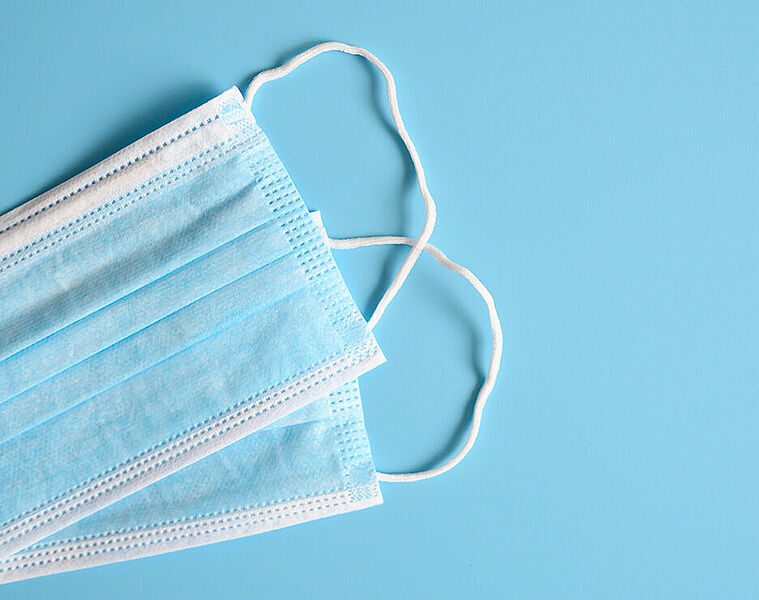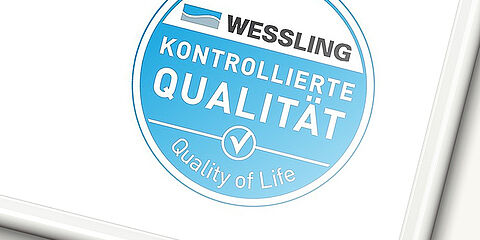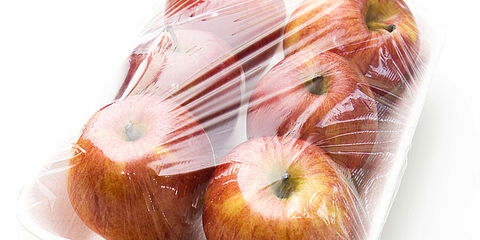Laboratory analysis for pollutant-free nose and mouth protection
The effects of the corona pandemic are quite evident in our everyday lives: whether we are shopping or using public transport, it is now mandatory to wear a mask over our nose and mouth. This measure is intended to minimise the further spread of COVID-19 by droplet infection.

Germany’s federal states, districts and local authorities individually decided that wearing a facemask is obligatory under certain circumstances, such as using public transport or in shops. It was decided that so-called “everyday masks” or “community masks” made of fabric or other materials are adequate enough to use in these locations. This also includes fabric masks made at home on the sewing machine.
As these are neither medical devices nor personal protective equipment, no CE marking is required.
Safety for producers and retailers
For products that come into contact with the human body over a longer period of time, the material used should not contain any harmful substances. This is because it cannot be ruled out that these substances can be absorbed through the skin or the respiratory tract. The contamination of facemasks or the materials used to make them should therefore be prevented.
Analysis and expert services for consumer goods
Be certain that the masks you produce or distribute do not contain any harmful substances, such as plasticisers or harmful dyes. We will be happy to support you with our laboratory analysis, which we use to ascertain whether the masks or the materials to produce them are free of harmful substances.
We are also happy to offer you a risk-based analysis for SVHC (substances of very high concern), in compliance with Annex XIV of the REACH regulation (VO (EG) 1907/2006).
Your contact person for the safety of consumer goods
I am looking forward to assisting you with your request.
- Claudia Urmetzer
- +49 2505 890
- verbraucherprodukte@wessling.de




